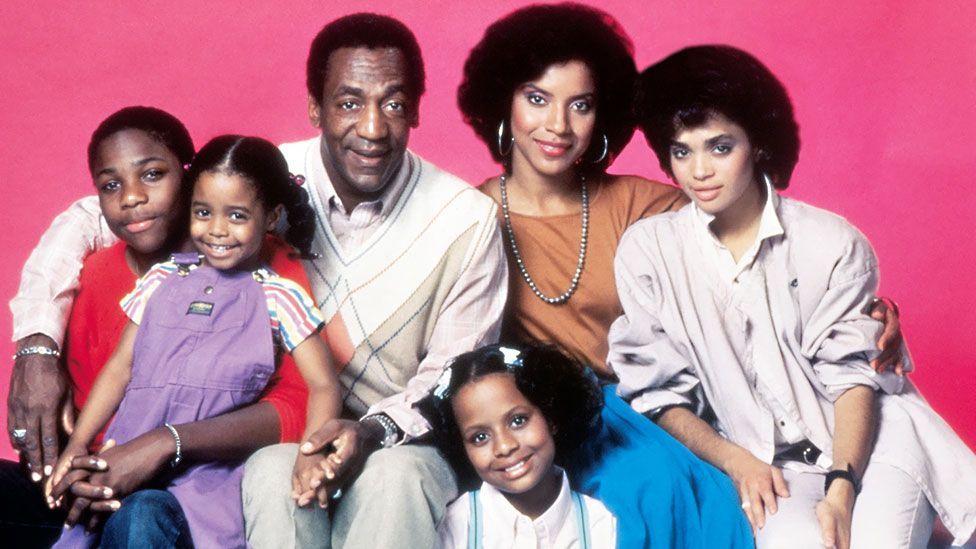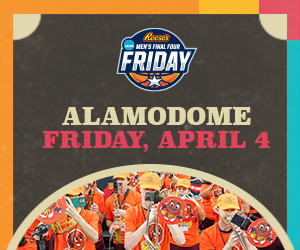There is a moment over the course of the relationship where two individuals subscribe to a socially and culturally endorsed ideology of love. Especially in the African American community. Sociologists from E. Franklin Frazier to Daniel Moynihan carefully studied and synthesized the inner workings of an African American relationship.
Writer Cory Alexander in his 2018 article for Our Weekly Los Angeles titled “African American relationships more difficult to navigate today” writes, “sociological studies suggest the lasting damage is causing a rift between both genders that grows wider with every passing day. It’s a byproduct of a generation still haunted by the vestiges and mental conditioning of slavery, combined with the realities of modern society”.
What are some philosophies the African American community has grown up with when it comes to relationships? Have they seemed to mirror Caucasian relationships? Think about what it was like in 1984 when a family where the father was a doctor and the mother was a lawyer and became what we know today as the Huxtables. The Cosby Show unequivocally became the playbook for the ultimate African American relationship.
But also, remember there was also a time where many felt The Cosby Show did not represent a real African American family. Writer Joanne Griffin in her 2014 article for BBC.com titled “The Cosby Show’s hidden power” writes, “While The Cosby Show ranked as the number one TV show for five seasons from 1986 to 1990, it was not without its critics…the root of the hip-hop generation’s displeasure with The Cosby Show was not simply that the show wasn’t political, but rather the show served the political function of diverting attention away from the harsh realities of Reagan-era social policies…” in short, she argues the disconnect many in the African American community had with The Cosby Show was that it failed to address the issues of its day.
That was more than a quarter of a century ago. What is the playbook of a relationship now? It is much more monolithic that many want to portray it. To say that successful African American relationships are only heterosexual, middle class, and college educated, is quite the contrary. Many successful African American relationships surpass traditional and previously adopted stereotypes: many surpass sexual orientation, class, geographic location, and education level.
Is this a rejection of the age-old adoption of the White aesthetic? Could being the Huxtables be remnants of the old perceived American Dream? Perhaps it can’t be said if there is an idea of the quintessential African American relationship. Maybe the Huxtables are outdated. Maybe one shouldn’t look to television to find the example of a positive African American relationship. Maybe it is not the race of the relationship but the genesis of the relationship.
Regardless of these theories, what conundrum still rings true: how can an African American relationship fulfill a cultural ideology that was never designed to preserve it?









